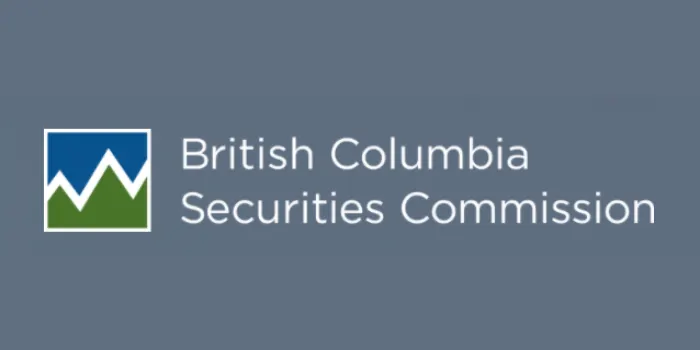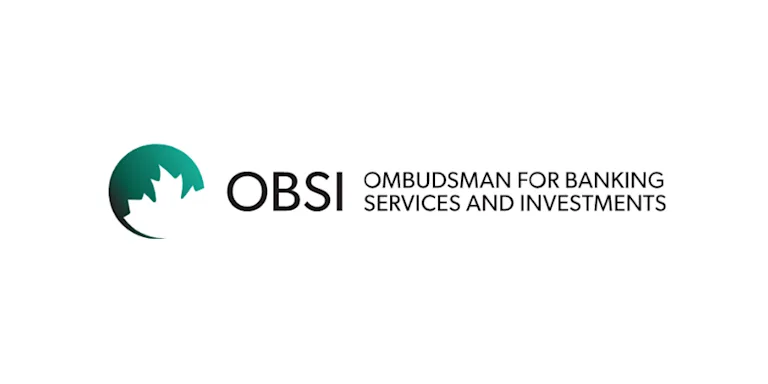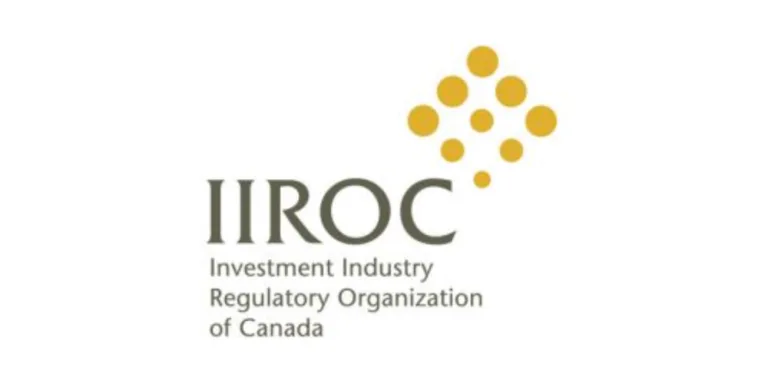
If I'm a victim of an investment scam, can I complain to a regulator and bring a legal action at the same time?
Making your first investment can be exhilarating. Instead of letting your money sit in a savings account, you’re putting it to work for you. But not all investment opportunities (or advisors) are above-board. Learn your rights and steps you can take if you invest and things go sideways.
What you should know
“My cousin convinced me to buy some shares in his new health food company. The information he gave me was pretty vague, and I didn’t see any financial statements or a business plan. But he assured me that they would take the company public soon, so I agreed. Long story short, the company went belly-up in less than a year. I contacted the BC Securities Commission, and they’re investigating my complaint.”
– Stephanie, Squamish, BC

Making wise investment choices is a surefire way to improve your financial position. But it doesn’t come without risks, and things don’t always go as planned. If something goes wrong when you invest, and you suspect someone else is to blame, there are steps you can take to make things right.
One option is to file a formal complaint. Consumer complaints about investments may include:
unsuitable investments (for example, you were pushed into investments that were that were too risky for you)
unauthorized trading
administrative mistakes (for example, transaction errors)
unreasonable fees or charges that weren’t disclosed
advisor negligence, misconduct or misrepresentation
investment fraud
If a complaint is successful, a third party may take enforcement action against whoever is at fault.
Another option is to seek financial compensation. There are a few different avenues, including legal action. We explain them below, under “Work out the problem.”
Your rights — and the steps you can take to deal with the problem — depend on the nature of the issue.
If you’re new to investing or just looking for some professional help, you may decide to hire an investment advisor. This is a specialist who only deals with the investment aspect of your financial plan.
Under BC law, anyone acting as an advisor must register with BC’s securities regulator. Working with a registered advisor means you’re protected by BC’s laws governing advisor conduct. Before you hire an advisor, check out their credentials. The InvestRight website explains the steps to verify that your advisor is properly registered.
Investment advisors have a general duty to deal with you fairly, honestly and in good faith. In addition, they must:
understand your financial situation and risk tolerance
understand the products they offer
recommend suitable investments to you
outline any risks involved
Don’t expect your advisor to recommend investments that are always profitable. Even the best investment advisor can’t predict how the market is going to perform. If your advisor makes promises that sound too good to be true, they probably are.
Below, we explain the steps to take if you have a problem with your investment advisor.
Interviewing your advisor
Typically, before hiring an advisor you’ll go through an interview to decide if you want to work together. This should be a two-way conversation. Use it as an opportunity to learn more about the advisor’s experience and credentials. The InvestRights website offers tips on interviewing your advisor.
A public company is a company that lists its shares on a stock exchange. The shares are freely traded, so any investor can buy or sell them.
Under the law in BC, there are certain rules a company must follow before going public. For example, it must be registered with the BC Securities Commission. And it must disclose certain information to investors before issuing shares.
Another BC law sets out rules that directors and officers of companies must follow. They have a general duty to act honestly and in good faith in the best interests of the company. If they don’t meet their obligations to the company and its shareholders, they may face personal liability.
You can file a complaint if you think a public company or its officers or directors have broken the rules. See below, under work out the problem, for the steps to take.
Do some research before investing
Before buying shares in a company, it’s a good idea to do some research. Public companies are required by law to make certain information available to investors. By reviewing this information, you can make more informed investment decisions. The InvestRights website provides guidance on researching public companies.
Instead of listing shares on a public stock exchange, some companies sell their shares on the private placement market. In order to use this market, an individual or company must be exempt from certain rules that apply to public companies. Which means that if you invest in a private company, you may be more vulnerable.
Private companies are exempt from certain securities laws
A number of exemptions allow someone to use the private placement market. For example, a private company may be able to sell its shares to you on the private placement market if you’re a close relative of a director of the company. There’s also an exemption for start-up businesses. See the InvestRight website for an explanation of each exemption category.
If an exemption applies, the company isn’t required to disclose as much information to investors as public companies are. Altogether, this makes investing in a private company a much riskier proposition than investing in a publicly traded one. As well, it’s generally much harder to sell shares in a private company since you can’t use a stock exchange.
But note that private companies still must comply with BC’s securities law. If you think a private company has broken the rules, you can file a complaint. We explain the steps to take in the next section.
Do your homework before investing in a private company
Due to the risks involved, it’s very important to do your homework before investing in a private company. You should be well-informed about all aspects of the business, including who’s running it. Check out this private placement market guide for some key investment tips.
Work out the problem
In dealing with any investment problem, the first step is to get organized. Collect any documents or information related to the problem. Make note of these points:
how much you invested
other details about the investment (for example, the date of the transaction)
the names and contact information of the parties involved
what the parties involved told you about the investment
Make copies of your investment account statements and any related documents. Save any written correspondence, such as emails or texts.
If you’ve already tried to resolve the problem with the other party directly, note the details of your interaction.
Before taking more formal action, try reaching out directly to the other party involved. Often, they can quickly clear up what may have been a misunderstanding.
If you aren’t able to resolve the problem this way, ask the other party if their organization has a complaint-handling procedure. They may tell you to send a letter to the branch manager or compliance officer. The organization should confirm they received your letter and start an investigation.
If you aren’t satisfied with the outcome of dealing with the other party directly, you may have other options.
From this point on, your options depend on the nature of your complaint.
If you have a problem with an investment advisor
If you think your advisor (or the firm they work for) has broken the rules, you can file a complaint with a regulator. There are a few different regulators that oversee the conduct of advisors in BC, so you’ll need to find the right one. The InvestRight website provides guidance on how to do so.
You can start a complaint and pursue financial compensation at the same time. (We explain how to seek financial compensation next.)
Document the process
Once you begin the complaint process, start documenting every step. Make note of telephone conversations and emails. Record details like the date, time and the name of the person you spoke to and what you discussed. Communicate in writing whenever possible.
If you have a problem with a public company
If your issue relates to a public company or the conduct of its directors or officers, you can file a complaint with a regulator. Which regulator you’ll reach out to depends on the type of complaint you have. Visit the InvestRight website for guidance on determining which regulator to file with.
Generally, regulators can’t order a company to compensate you for financial losses. See the next step for guidance on seeking financial compensation.
If you have a problem with a private company
If you think a private company has broken the rules in selling you its securities, you can complain to the BC Securities Commission.
The Commission will investigate your complaint and take action against any misconduct. For example, they may impose monetary penalties on the company or ban them from participating in the market. However, the Commission can’t order financial compensation for investor losses. See the next step for guidance on seeking financial compensation.
You have a few options for seeking financial compensation from a company or advisor:
Complain to the Ombudsman for Banking Services and Investment (OBSI). The OBSI conducts independent reviews of investment disputes. They can recommend compensation of up to $350,000. You don’t need a lawyer to launch a complaint with the OBSI, and their services are free.
Review by an internal ombudsman. Some of the major banks in Canada have their own process that begins after the firm’s written decision. Usually, the review is conducted by a member of the bank’s staff, often called an internal ombudsman.
Start legal action. You may be able to sue the other party for compensation. If you are seeking up to $5,000 you can file a claim with the Civil Resolution Tribunal. For amounts between $5,000 and $35,000, you’d sue in small claims court. For amounts over $35,000, you would sue in BC Supreme Court.
The InvestRight website explains each of these options in more detail.
Consider seeking legal advice
If you’re considering starting legal action, it’s a good idea to speak with a lawyer. Here are options for free or low-cost legal advice.
Who can help

BC Securities Commission
Can help with problems or complaints about investments.

Ombudsman for Banking Services and Investments
Can help with investment problems that you’re unable to resolve directly with the firm involved.

Investment Industry Regulatory Organization of Canada
Investigates investor complaints and inquiries.


